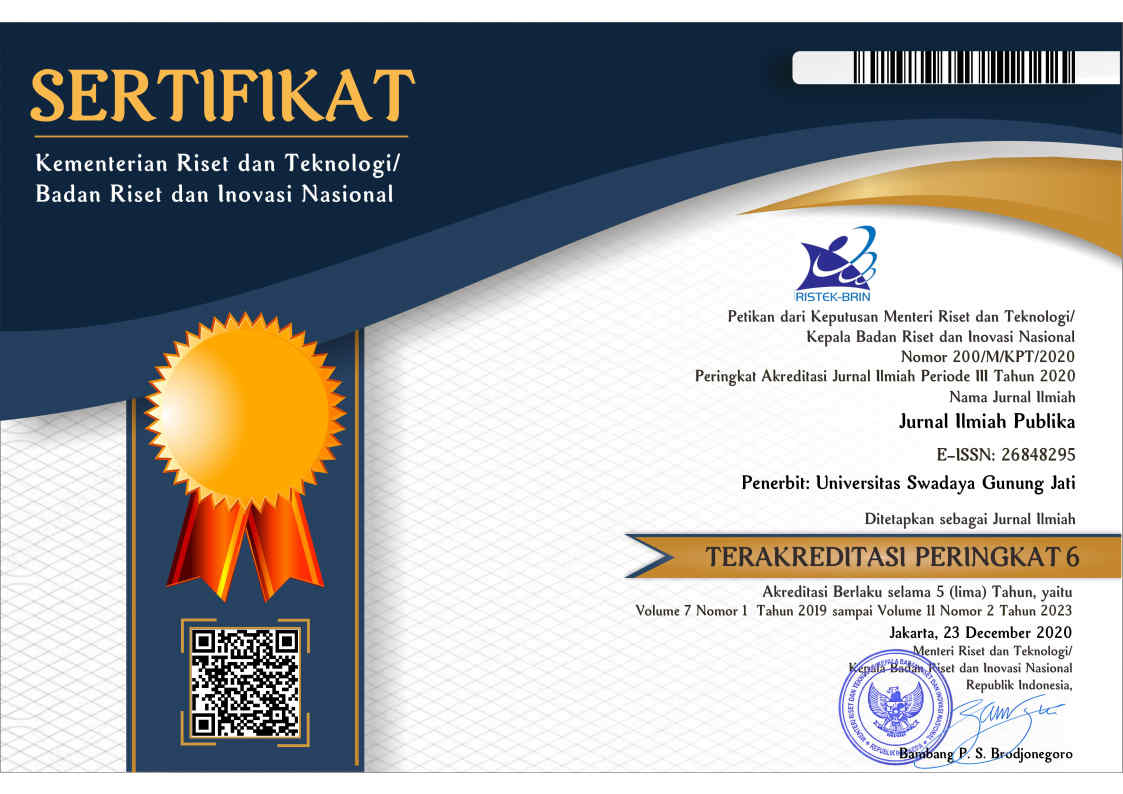Sari
ABSTRACT The national movement of the mental revolution proclaimed by Jokowi is a very appropriate bureaucratic reform policy. However, this mental revolution will certainly face a very tough challenge because the priyayi mentality has been a bureaucratic culture in Indonesia for a long time. The greatest challenge will come from internal bureaucracy itself because the mental revolution will surely disturb the comfort zone of many priyayi officials and bureaucratic apparatus. Therefore, reform or mental change is not possible in a short time or in a revolution, but needs to be planned, programmed, staged, continuous, consistent, and consistent. To realize the mental revolution, commitment and political will is not enough, but must be followed by political action in the form of exemplary leaders, assertiveness and courage of leaders, programs of mental revolution, and law enforcement that is not indiscriminate. The condition is of course very apprehensive to all parties. Therefore, while attending the 43rd Korpri Anniversary ceremony at Silang Monas Jakarta on December 1, 2014, President Jokowi launched the National Movement of the Mental Revolution which included three targets: 1. The change of mindset and paradigm of the government apparatus from the priyayi bureaucracy to the bureaucracy serving the people. 2. The organizational structure of the government should be lean, efficient, and not duplication of functions. 3. Cultural changes in the form of a work culture that is more disciplined, responsible, and put forward togetherness and mutual cooperation. Bureaucratic reforms that have been done are still pseudo that is limited to face and skin changes bureaucracy but has not touched its contents that is change mindset, paradigm, moral, and mental human being bureaucratic apparatus. As a result, bureaucratic reforms have only produced bureaucracies with new faces and modern skins but whose contents are the traditional, patrimonialistic and feudal mentality. Officials and bureaucratic apparatus in today's reform era still position themselves as prijaji who prioritizes power and demands respect and service of the people.
Referensi
DAFTAR PUSTAKA
Alamsyah, Kamal. 2009. Reformasi Administrasi Republik Indonesia. Bandung: Program Pascasarjana Unpas
Dwiyanto, Agus, dkk. 2006. Reformasi Birokrasi Publik di Indonesia. Yogyakarta: Gadjah Mada University Press
Koentjaraningrat, 1998. Kebudayaan, Mentalitet dan Pembangunan. Jakarta: Gramedia
Santoso, Priyo Budi. 1997. Birokrasi Pemerintah Orde Baru. Jakarta: RajaGrafindo Persada
Setiawan, Akhmad. 2000. Perilaku Birokrasi Dalam Pengaruh Paham Kekuasaan Jawa. Yogyakarta: Pustaka Pelajar
Tamin, Feisal. 2004. Reformasi Birokrasi. Jakarta: Blantika
Thoha, Miftah. 2012. Birokrasi Pemerintah dan Kekuasaan di Indonesia. Yogyakarta: Thafa Media

